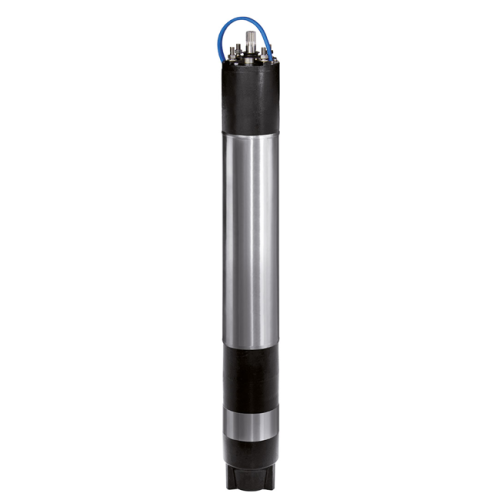Electric motors
Electric motors: essential for efficiency and innovation
Electric motors are fundamental components in a wide range of industrial, commercial, and domestic applications. These devices convert electrical energy into mechanical energy, enabling the operation of machinery, household appliances, and electric vehicles.
In this article, we will explore the characteristics of electric motors, their benefits, key applications, and the innovations that are transforming the sector.
Characteristics of electric motors
Electric motors are distinguished by various technical and design aspects. The most common types include direct current (DC) motors and alternating current (AC) motors, with further classifications such as asynchronous (induction) motors and synchronous motors. Each type has specific operating characteristics, efficiency levels, and applications.
The materials used in the construction of electric motors include copper for windings, steel for the core, and various composite materials for structural components. The choice of materials is crucial to ensuring the durability, resistance, and efficiency of the motor.
A key aspect of electric motors is energy efficiency, which determines how effectively the motor converts electrical energy into mechanical energy. High-efficiency motors reduce energy consumption and operating costs, contributing to environmental sustainability.
Applications of electric motors
- Industrial automation: Used to power machinery and production equipment, improving operational efficiency and productivity. Electric motors are essential for process control and automation in manufacturing lines.
- Consumer electronics: Found in household appliances such as washing machines, refrigerators, vacuum cleaners, and fans, electric motors enhance energy efficiency and functionality.
- HVAC systems: Electric motors drive fans, pumps, and compressors in heating, ventilation, and air conditioning (HVAC) systems, ensuring indoor comfort and energy efficiency in buildings.
- Energy production plants: Used in wind generators, hydroelectric turbines, and solar systems, electric motors contribute to the generation of renewable and sustainable energy.
Use of electric motors
Selecting the right electric motor requires a precise evaluation of application-specific needs. It is essential to consider:
- Power, torque, speed, and efficiency of the motor.
- Environmental conditions, such as temperature, humidity, and exposure to chemicals, to ensure motor durability and reliability.
The integration of motors into systems must be carried out with precision, following technical specifications and safety regulations. The use of measuring and testing instruments, such as oscilloscopes and power analysers, is essential to verify the correct operation of motors and associated systems.






